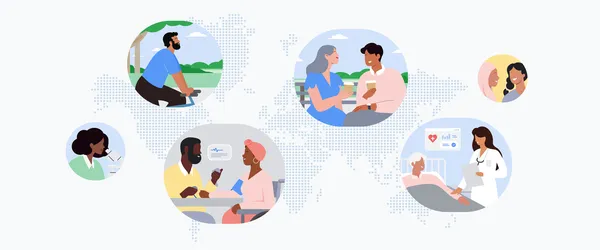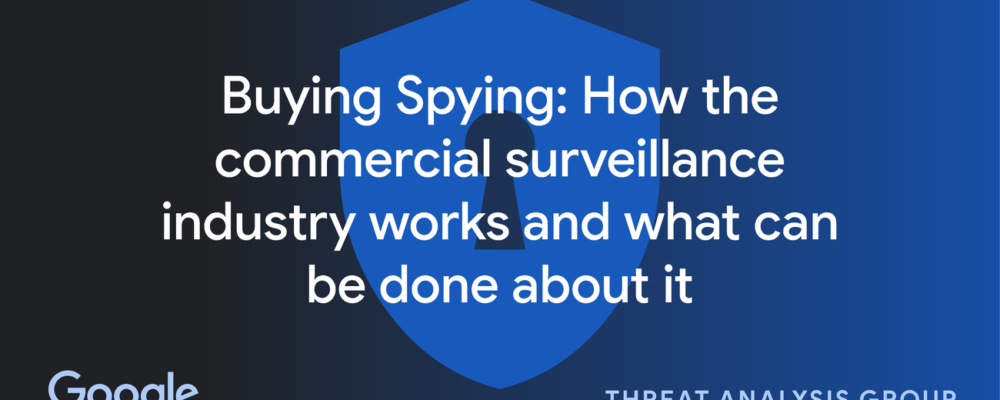Our work in health is driven by a simple yet powerful mission: harness Google’s tools and technology to help everyone, everywhere live a longer, healthier life.
For years, we’ve been working to bring the best of Google to the world of health. Now, with advances in AI, we have an unprecedented opportunity to reimagine the entire health experience for individuals and the organizations serving them. We want to bring these advancements to the world through our own products and with partners, in a way that is safe, responsible and equitable.
This is perhaps the most exciting inflection point in health and medicine in generations. As we plan for the future of health in 2025 and beyond, we’re focusing on four approaches:
- Meeting people where they are: Our products and services provide timely and relevant information to users throughout their personal health journeys. We’re committed to providing high-quality health information that is accessible, understandable and culturally relevant for different populations. For instance, we partner with organizations including the National Health Service in the UK, Mayo Clinic in the U.S. and Apollo in India to provide high-quality health information across Search and YouTube, and we provide personalized insights on health metrics like sleep, body temperature and heart rate through our hardware including Pixel and Fitbit.
- Advancing cutting-edge AI capabilities: Google’s advanced AI and gen AI models can unlock the potential of health information, generating novel insights, advancing science and developing personalized health solutions. We’re committed to responsible development of models that are trained on diverse, culturally relevant data and deliver best-in-class performance, safety, fairness and trustworthiness. Already, our gen AI solutions like MedLM are helping healthcare organizations and researchers solve their most important challenges including summarizing medical records, improving the efficiency of the nurse-handoff process between shifts. While AI tools like AlphaFold are accelerating disease research that could one day help patients.
- Transforming organizations working in health: Our technology enables organizations to make better use of their own data and give better care. We provide health organizations with AI-powered tools and products to make workflows more efficient, reduce administrative burden, accelerate innovation and drive down costs. At the heart of this are Google Cloud gen AI models offering secure, scalable infrastructure for health data storage, analytics and insights.
- Fostering a thriving health ecosystem: We believe that collaboration is key to creating meaningful change in healthcare. One way we do this is by partnering with startup organizations across the health spectrum to drive innovation, and we’re proud that 90% of gen AI “unicorns” (those valued over $1 billion) are Google Cloud native. We also work across sectors with governments, community organizations and global health leaders to improve population health.
As we say in medical training, “first, do no harm.” Google’s AI principles, which outline how to develop technology safely and responsibly, underpin all of our AI work in health. We believe that everyone, everywhere should have access to the information, insights and tools they need to live a healthier life. That’s why we’re committed to building our products and services with equity and inclusion by design. We aim to break down barriers to health information and care, ensuring that our technology benefits everyone, regardless of their background or location.
Now more than ever there is an opportunity to use technology to help improve people’s health globally through Google’s platforms, products and partnerships, and we look forward to continuing to work toward a healthier future for all.
“Alphabet Inc. is an American multinational technology conglomerate holding company headquartered in Mountain View, California. It was created through a restructuring of Google on October 2, 2015, and became the parent company of Google and several former Google subsidiaries.”
Please visit the firm link to site






